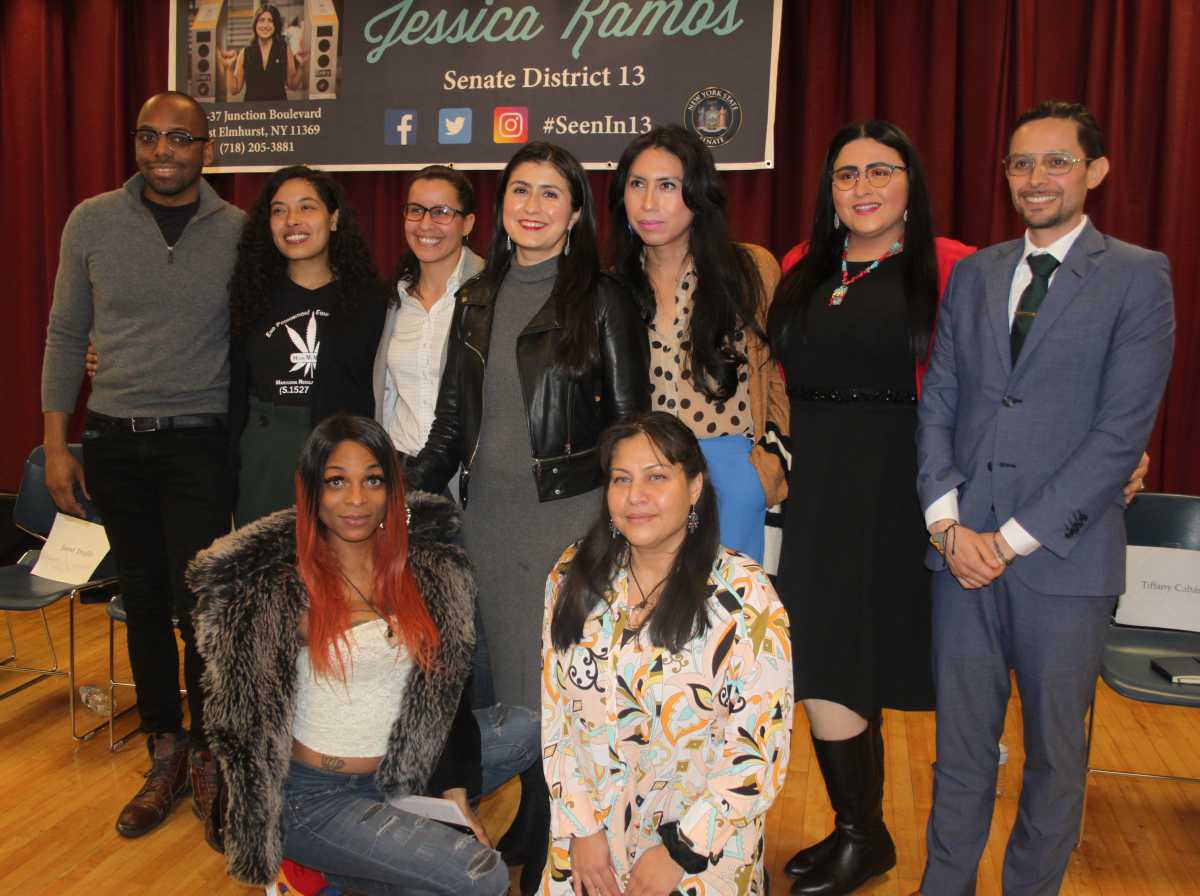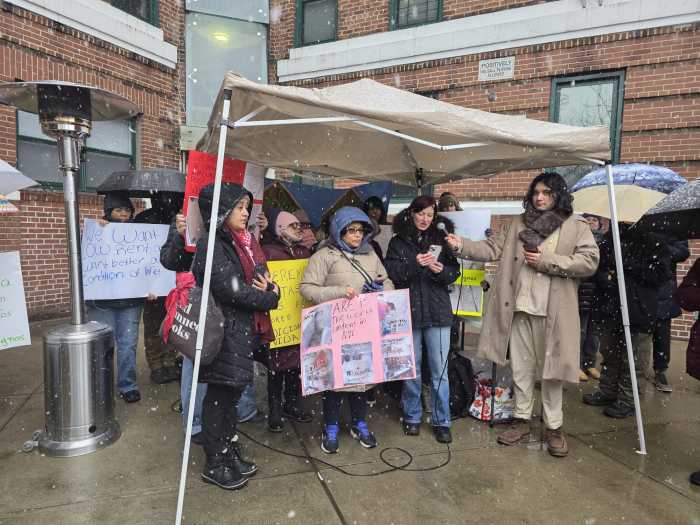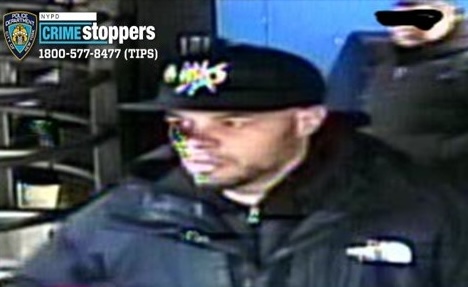State Senator Jessica Ramos recently explained to the Jackson Heights community how and why legislators and advocates throughout New York are working to legalize cannabis and decriminalize sex work in a responsible way.
“What all of this is about is harm reduction. What we want is to make sure that all of our neighbors are safe,” Ramos said during the Feb. 6 town hall.
Ramos was joined by a panel of advocates and lawyers, including public defender and political organizer Tiffany Cabán, Legal Aid Society Representatives Anthony Posada and Jared Trujillo, Green Worker Cooperatives’ Advocacy Coordinator Raybblin Vargas, High Mi Madre’s Co-founder Emily Ramos, and DeCrimNY Member TS Candii.
Panelists believed the law enforcement system disproportionately affects communities of color — in both issues of cannabis and sex work. Ramos and other elected officials are working to introduce laws that will change that.
“I realize that drugs and sex are things that we often have swept under the rug in our community except for complaining about aesthetics — that it doesn’t look good, or that people don’t want their children seeing that,” Ramos said.
The mother of two said that living right off of Roosevelt Avenue has made for “very interesting conversations” with her children, and that although she isn’t one to tell people how to parent, those conversations matter.
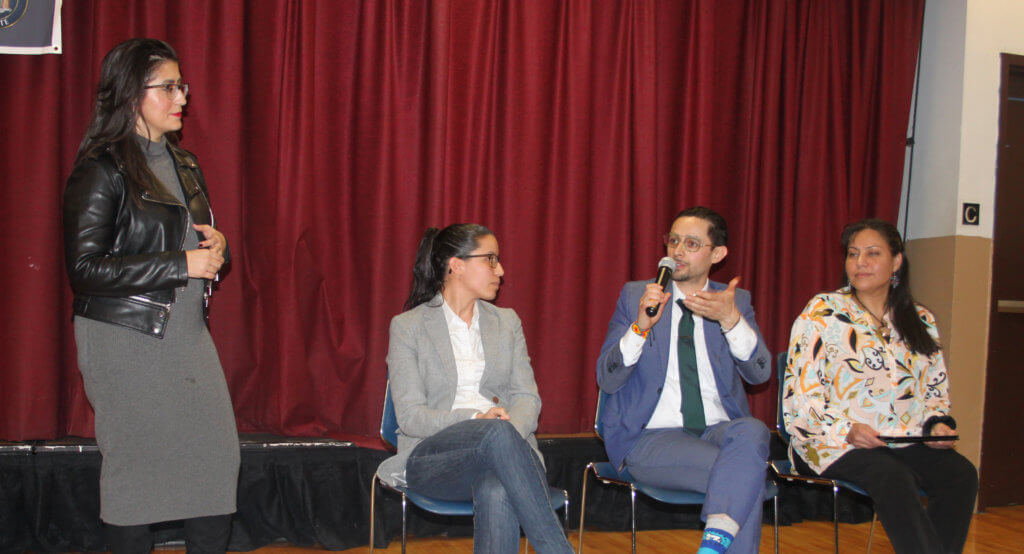
What it could mean to fully legalize cannabis in New York
Gov. Andrew Cuomo passed a law last year that reduces the penalty for unlawful possession of marijuana to a violation and creates a process to expunge the records of individuals who’ve been convicted for possessing small amounts of it. But, according to Ramos and panelists, that was only a small step.
“For the last few years, the governor has promised in nearly every major speech that it’s going to get done. It’s never been a matter of if, it’s been a matter of when — and, more importantly to me, how,” Ramos said.
She urges fellow lawmakers to keep communities of color – who have been disproportionately arrested for marijuana and sex offenses – in mind when considering legalization.
“When we look at the criminalization of cannabis, over 80 percent of folks who are arrested for marijuana or cannabis related offenses are black or Latino folks, and majority men,”Tiffany Cabán said. “We look at that alongside the fact that [there really isn’t any] difference in consumption of cannabis amongst our communities of color and white communities, for example.”
This criminalization is connected to mass-incarceration and unequal opportunities in housing, health care and education, Cabán said.
Legal Aid Society Representative Anthony Posada pointed to the millions of dollars in tax revenue states like Colorado and California have generated since legalizing recreational use. The revenue, Posada explained, could be used to fund services like education, job placement, community banking, mental health, and women’s health — as outlined in the Marijuana Regulation and Taxation Act (MRTA), sponsored by Senator Liz Krueger.
Raybblin Vargas and Emily Ramos (who isn’t related to the Senator), emphasized that legalizing cannabis could lead to more education of other, healthier ways to consume the product.
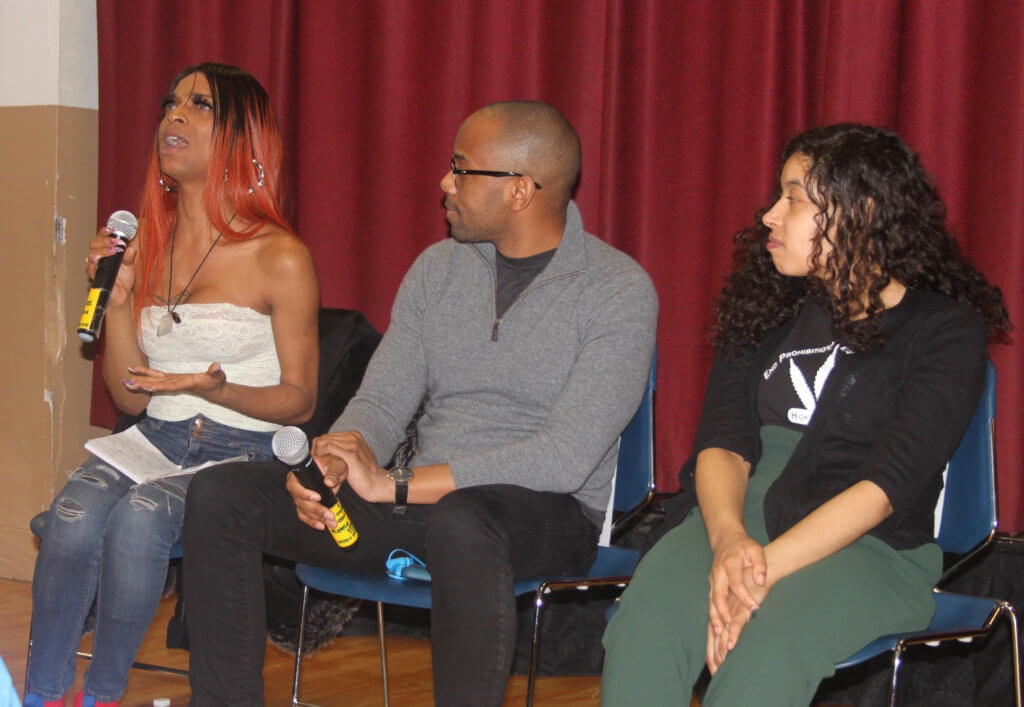
Why decriminalizing sex work will protect transgender people of color
Bianey Garcia and Joselyn Castillo, Queens-based transgender rights advocates in Make the Road New York, told their stories as immigrants who struggled to find jobs — not because of their citizenship status, but because of their gender identity and expression. Different circumstances led Garcia and Castillo into sex work, such as sex trafficking and struggling to pay bills.
TS Candii, a member of DeCrimNY, a coalition of 30-plus organizations advocating to “decriminalize, decarcerate, and destigmatize” sex trades, also told her story. Originally from Georgia, TS Candii moved to New York after losing her job when she changed her name but not the gender marker in her license. When she arrived in NYC, she found herself struggling to find employment and housing.
All three advocates had one thing in common — the consequence of what advocates call the criminalization of “walking while trans,” or Section 240.37 of the state penal code. This gives police the ability to arrest people for “loitering for the purpose of engaging in a prostitution offense.”
Many advocates maintain that the law disproportionately targets transgender people of color.
“I’m here to fight for our right to due process, because we all should have the right to do over our own body,” TS Candii said. “And I’m also here for fulfilling our human rights to be able to do whatever we want to do with our body and our rights to form associations, our rights to be free of discrimination, abuse, and violence.”
Legal Aid Society Representative Jared Trujillo mentioned the Stop Violence in the Sex Trades Act, introduced by Ramos and several other legislators including Senator Julia Salazar, which is meant to decriminalize sex work and repeal Section 240.37. He also mentioned the detrimental effects of FOFSTA-SESTA, which sex workers have said put them at greater risk.
“About 47 percent of black trans women, are incarcerated at some point in their lives and a lot of that is driven by the fact that sex work is criminalized,” Trujillo said. “It’s immigrants, who oftentimes don’t’ have any other means of survival because so many systems are so xenophobic and racist that this is the way that they can support themselves — same way with a lot of trans and queer folks too.”
Ramos said she wants Queens, and Jackson Heights, in particular, to lead this cause — because of the numerous arrests made under Section 240.37 in Roosevelt Avenue.
In a City and State New York article about New York lawmakers’ reevaluating sex work, Ramos explained that decriminalizing sex work is about “empowering the worker, trusting the worker and hopefully allowing them to create their safe environments in which they’re able to take care of themselves and take care of each other.”

